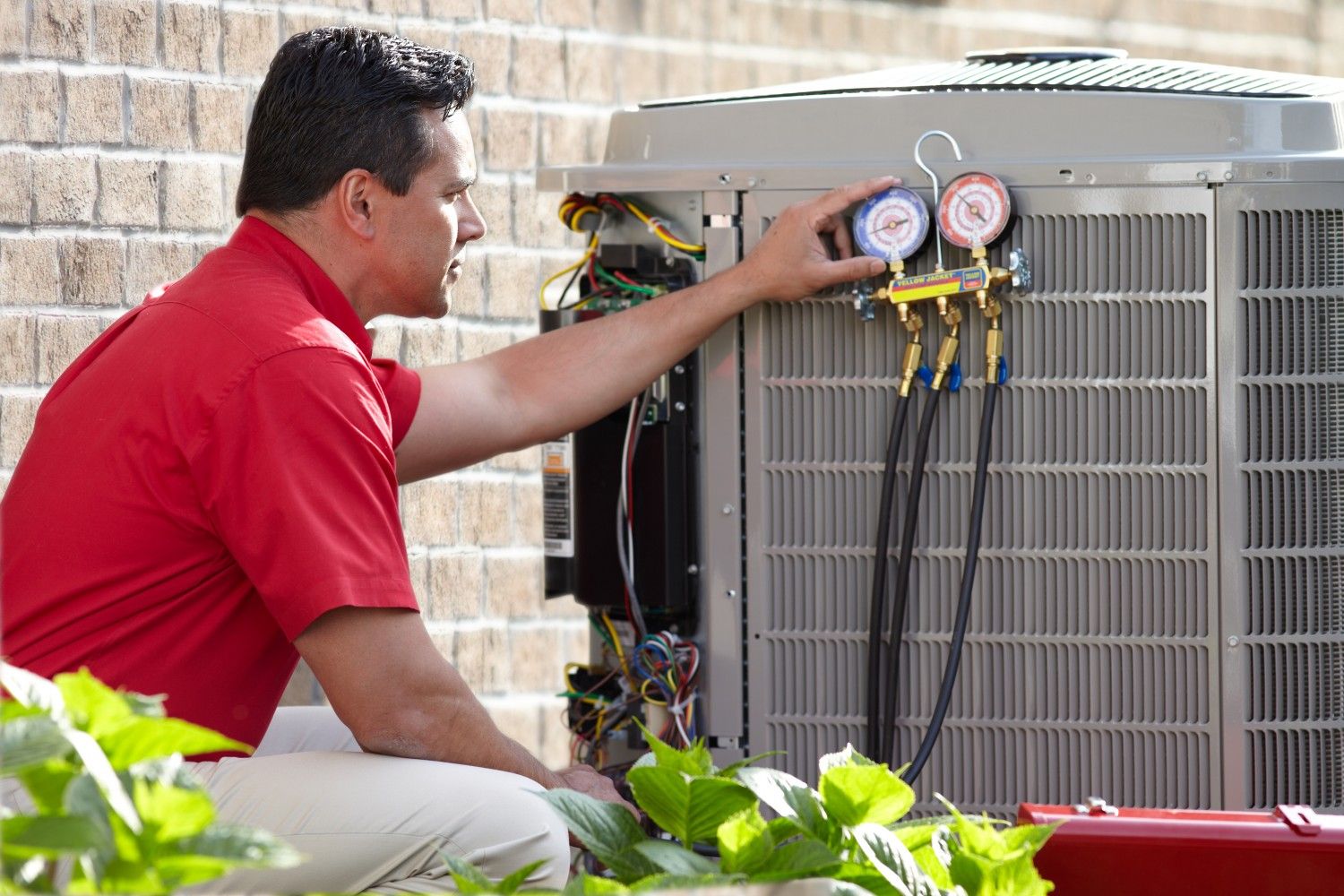If you purchased your air conditioning system before 2010, it most likely functions on R-22 refrigerant, also known as freon. However, you should be aware that in 2020, a law became effective that stipulated freon can no longer be produced or imported. While homeowners may still find freon in some places, inventory is running low and becoming increasingly expensive. In fact, wholesale prices of the refrigerant have tripled in the last two years.
What Refrigerant Does Your System Require?
If you need help determining which refrigerant your specific unit requires, you can check your A/C systems age and installation date. You can also look up the model number of your unit on the manufacturer’s website to check specifications. As a general rule, any system installed before 2010 likely uses R-22 (Freon) or R410A, a refrigerant also being phased out.
Even though freon has been phased out, you are not required to replace your system as long as it is functional and the freon you need is available.
If your air conditioning system is operating efficiently and there is no sign of a refrigerant leak, there is no need to worry about replacement.
Keep in Mind: The average lifespan of an HVAC system is between 10 and 20 years; therefore, any unit installed before 2010 may be approaching its end of life. A well-maintained unit may last quite a few more years, but no A/C system lasts forever. Because you can be sure that you will need a new system at some point, it is prudent to begin saving for a replacement.
If your air conditioning unit has suffered a significant Freon leak, replacing the outdoor unit and indoor evaporator is typically the best option. This is because R22 costs are so high, and the freon leak repair may be too expensive to make sense – especially regarding a unit over 12 years old. This is where a professional technician’s expert advice is so valuable. If the leak is small and the unit is otherwise operating well, you may be able to delay replacement for a while longer – although the service technician will need to check the freon levels carefully from then on.
The technician will be able to recommend the best and most fiscally responsible solutions for your situation. If your A/C system truly is at the end of its practical life, it may better serve a homeowner to invest in a late-model system that runs on the newest refrigerants ( R-32 and R-454b).
Some area homeowners request an interim solution, often asking about the possibility of retrofitting their system. However, this can be very expensive and will likely void the manufacturer’s warranty. Given the recent incentives offered for choosing environmentally friendly HVAC systems (found in the Inflation Reduction Act), this may be the most opportune time to purchase a new A/C unit.
If you have an older A/C unit that utilizes a freon system and you’re determining whether to keep it or install a new model, talk to the team at Ocean Air. We’ll assess your situation and explain the available options so that you are equipped to make the optimal choice for your home and your budget.
Understanding the evolving HVAC codes is just one of the reasons that the professionals at Ocean Air are valuable A/C partners. Call today to learn more about our “shared ownership” concept that ensures your system operates efficiently and lasts as long as possible. We are proud to work with clients from North Port to Sun City and every city in between.


